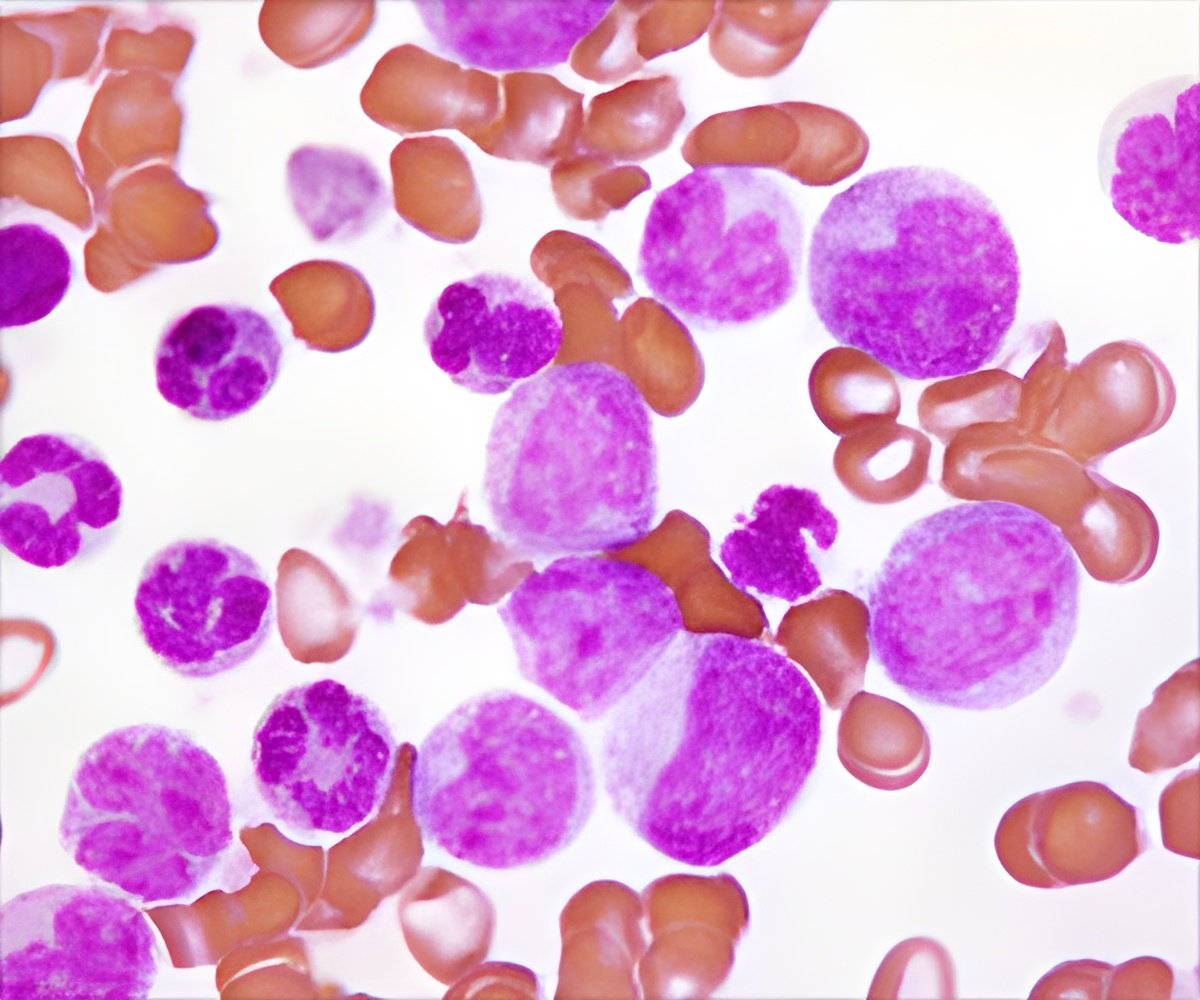
Despite the proven benefits of 6MP, previous studies have suggested that children with ALL have difficulty taking the drug consistently. Other studies have reported that pediatric ALL survival rates vary greatly among racial groups. These two insights have prompted investigators to begin studying race-specific patterns in 6MP adherence in children with ALL.
"While we don't yet know why children of different races have significantly different survival rates for ALL, we know that their adherence to their maintenance medication is a critical factor in their survival," said senior study author Smita Bhatia, MD, MPH, of City of Hope in Duarte, California. "With this in mind, we sought to explore the potential linkages that may exist between several key race-specific sociodemographics of these children and their adherence to 6MP."
Dr. Bhatia and a team of investigators began their research studying differences in 6MP adherence among different racial groups of children in remission from ALL in 2012, reporting that Hispanic children did not follow their prescribed 6MP maintenance regimen as consistently as non-Hispanic whites. To examine 6MP adherence in African American, Asian, and non-Hispanic white children in remission from ALL, the research team enrolled 298 patients from 77 institutions in a study that tracked 6MP drug levels in the bloodstream, responses from a questionnaire administered to their families, and, perhaps most importantly, an electronic method for monitoring maintenance. Each patient enrolled in the study, who was prescribed 6MP, was provided with a pill bottle equipped with a microprocessor chip in the cap that recorded each date and time the bottle was opened for a period of six months.
Of all three groups, the African American children took their 6MP the least often, with 46 percent of them taking 90 percent or less of their medication, the threshold for nonadherence at which risk of relapse became statistically significant. While the Asian children in the study group took their medication more consistently, 28 percent of them did not take at least 90 percent of their medication. Non-Hispanic white children were more adherent to their maintenance therapy regimen than any other group; however, 14 percent still did not take enough 6MP to meet researchers' criterion for drug adherence. Taken together, approximately 25 percent of the children enrolled in the study did not take their 6MP at least 90 percent of the time, tripling their relapse risk.
In order to better understand the sociodemographic factors that may have influenced medication nonadherence among the children, researchers asked their families to complete questionnaires to provide more information about the family's race, income, structure, and paternal education level. Questionnaire responses revealed that the African American children came largely from low-income, single-family households with lower parental education level (less than college degree/vocational training). Conversely, Asian children in general came from high-income, nuclear families with well-educated parents (college degree/vocational training or postgraduate degree). Despite representing both sociodemographic extremes, neither group adhered to their medication as consistently as the non-Hispanic white children, who reported more moderate income, relatively nuclear family structure, and average paternal education when compared to the other groups, in part because race-specific sociodemographic characteristics played significant roles in adherence to 6MP.
Advertisement
Regardless of race, families reported that the most common reason for children not taking their 6MP medication was forgetfulness.
Advertisement
Source-Eurekalert










